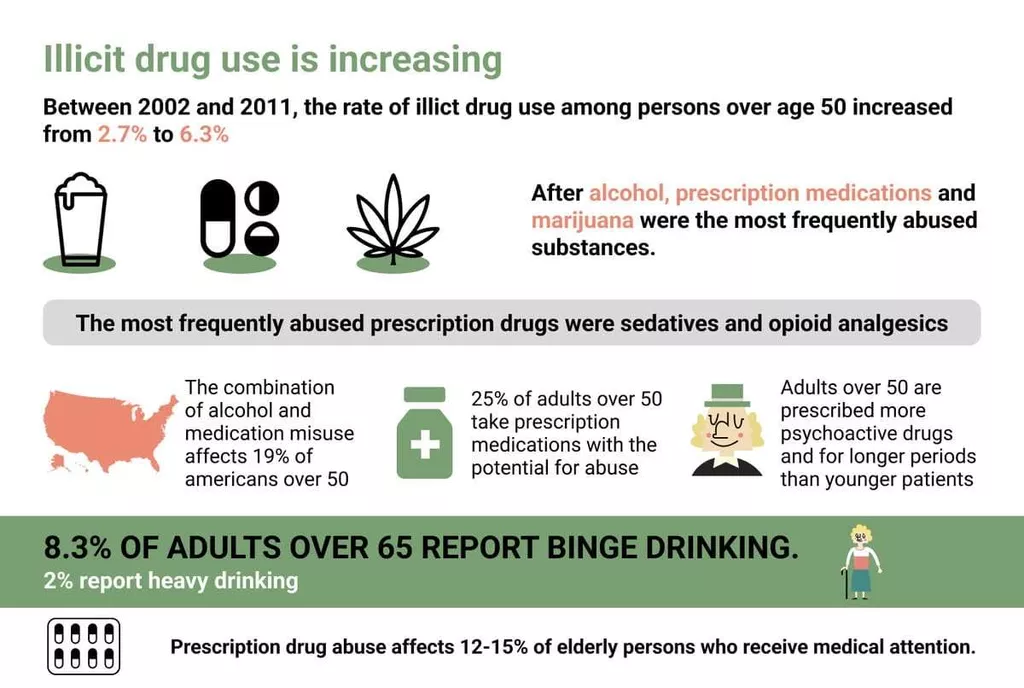
The rituals serve as anchors, helping children feel more secure and less anxious, despite the chaos that alcohol abuse may bring into the home. The absence of emotional support can push adolescents towards other sources of comfort, which may include affiliating with friends who engage in risky behaviors like heavy drinking. This creates a vicious cycle where the lack of parental emotional support leads to poor choices by the adolescent, further exacerbating the problem. Parental monitoring involves setting rules for appropriate and inappropriate behaviors, consistently enforcing penalties for rule violations, and overseeing friendship and peer-group choices. In families where alcohol abuse is prevalent, these crucial aspects of monitoring often fall by the wayside. The lack of oversight can lead to adolescents making poor choices, including engaging in risky behaviors like substance abuse.
Inconsistency while parenting

Our community is committed to helping individuals build a brighter future free from the grip of alcohol. Breaking codependent patterns requires recognizing these unhealthy dynamics, establishing firm boundaries, engaging in individual or family therapy, and developing healthier communication strategies. Addressing codependency is essential for restoring balance to relationships and promoting recovery, not just for the person with the addiction but for the entire family system. There are a variety of support systems available for navigating childhood trauma and making important changes in adulthood.

Alcoholic Parents Significantly Impact Their Childrens’ Lives
- Although evidence is conflicting, some behavioral changes appear to occur in children, adolescents, and adults who had a parent with AUD.
- Our Medical Affairs Team is a dedicated group of medical professionals with diverse and extensive clinical experience who actively contribute to the development of our content, products, and services.
- Coping with the challenges of growing up with alcoholic parents requires adopting healthy strategies to navigate the emotional complexities of such an environment.
- The rituals serve as anchors, helping children feel more secure and less anxious, despite the chaos that alcohol abuse may bring into the home.
Living with alcoholic parents creates a stressful and often traumatic environment for children. Even adult children may witness or experience violence, alcohol abuse, neglect, or abandonment from their parents or other family members. This unpredictable household can lack routine, stability, and emotional support. Families find treatment and support by engaging with mental health professionals who specialize in family therapy. Educational programs offer insights into parenting techniques and stress management. Open conversations about substance abuse, approached with sensitivity, help children understand and express their feelings.
Long-Term Effects of Growing up With Alcoholic Parents
Children of alcoholics often struggle with emotional, social, and behavioral issues that can affect their development and wellbeing. In this blog post, we will explore the effects of having an alcoholic parent on children and discuss ways to support them. Antisocial behaviour often emerges as a coping mechanism for children navigating the challenges of living with effects of having an alcoholic parent alcoholic parents.

However, it has generally been observed that, after consuming alcohol, boys tend to act out more and behave aggressively, while girls tend to become withdrawn and quiet. We do not offer specific health advice, nor are we a remote clinical advice service (RCA). We can, with your consent, pass your details to our partners that can offer this. Male descendants of alcoholics in particular have a higher than average prevalence of schizophrenia 37. Through our programs, weekly house gatherings, employment support, money management, family outreach, and a solid foundation based on the 12 Steps of Alcoholics Anonymous.
One glass of wine, maybe two, can quiet the mind, but what about a third or a fourth? There’s self-care—the buzzword of my generation—and then there’s self-medication. Stephanie Saxton, a mother of two from Louisville, Kentucky, feels the same way.
- They may feel trapped and unable to escape the pain caused by their parent’s addiction to alcohol.
- This unpredictable household can lack routine, stability, and emotional support.
- Another long-term impact of growing up with an alcoholic parent can lead adult children to feel unworthy of love, causing them to withdraw and isolate themselves.
- Many ACOAs are very successful, hard-working, and goal-driven.Some struggle with alcohol or other addictions themselves.
- Yes, children of alcoholics are more likely to experience depression due to the complex interplay of genetic, environmental, and psychological factors.
What Are Some Of The Coping Mechanisms Developed By Children of Alcoholics?
Children of a parent with AUD may find themselves thinking they are different from other people and therefore not good enough. Consequently, they may avoid social situations, have difficulty making friends, and isolate themselves. If a child’s parent was mean or abusive when they were drunk, adult children can grow up with a fear of all angry people.

Essay on Eid in English for Students & Children
The service operates during specified hours on weekdays, ensuring that children have access to assistance when they need it most. Expressing concern and offering reassurance Halfway house is another vital component of supporting children with alcoholic parents. Letting them know that their feelings are valid and that they are not alone in their struggles can provide comfort and validation. Reassure them that their well-being is a top priority and that you are committed to supporting them through difficult times.


